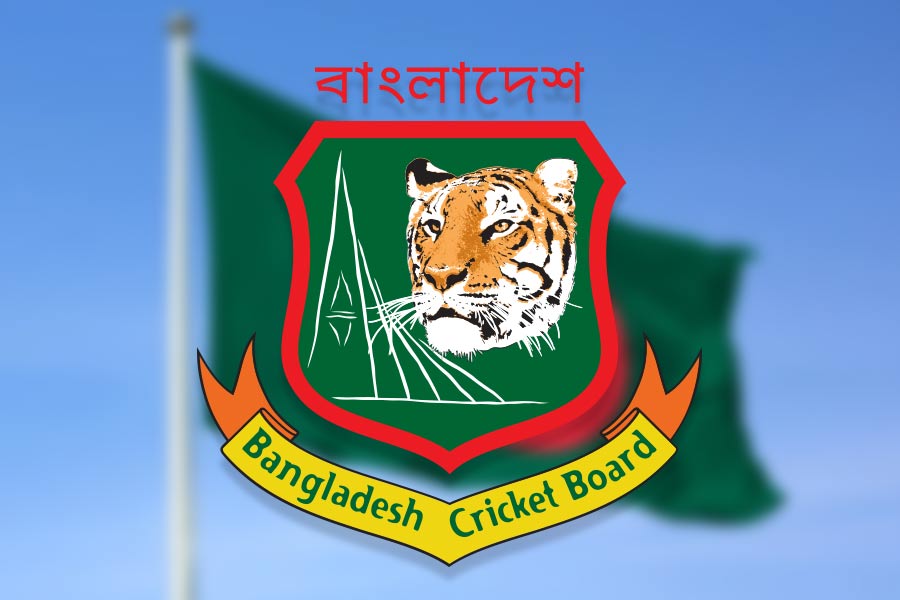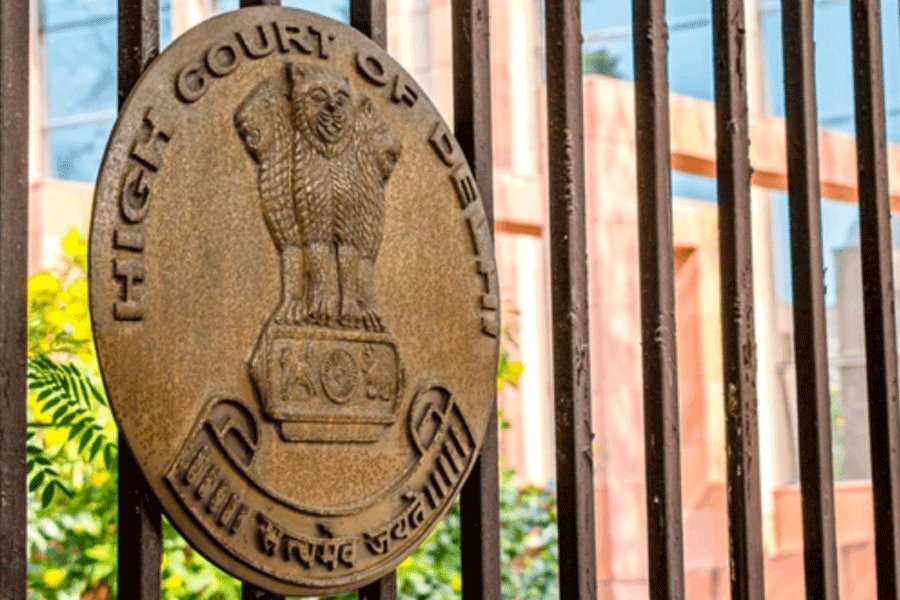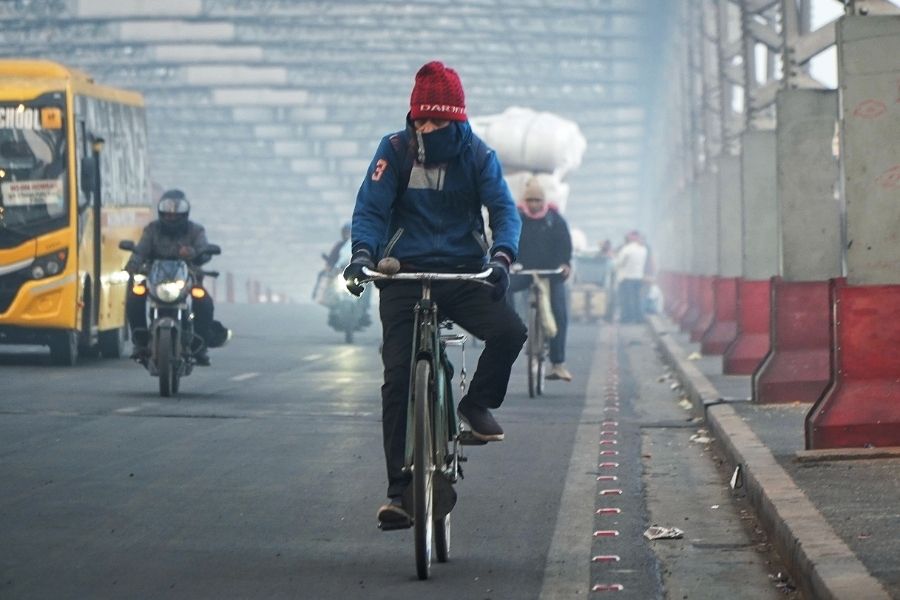 |
| Thangaraj during his heydays |
Bokaro, Oct. 22: During the 1936 Munich Olympics, the German Chancellor Adolf Hitler wanted to check the stick of hockey wizard Dhyanchand after the Indians blasted everything that came their way. The Fuhrer was so stunned by Dhyanchand’s ball control skills that he thought the Indian had a magnetic stick. Twenty-six years later at the 1962 Jakarta Asian Games, when the Indian football team won the gold medal, Japanese officials wanted to examine goalkeeper Peter Thangaraj’s hands and boots.
They were apparently under the impression that Thangaraj had a magnet fitted to his hands and springs to his boots because his collection was so neat throughout the tournament.
The officials could not figure out how Thangaraj managed to stop the ball with his left hand or jump so high. From those heady days of the Sixties, Thangaraj has covered a long way. The six-footer was awarded the “Millennium’s Best” goalkeeper of India by FIFA in 2000. He was also ranked seventh in the world by FIFA among the all-time great goalkeepers . Though he originally belonged to Hyderabad, he shifted base to Bokaro in 1976 as Bokaro Steel appointed him as its football coach.
The 67-year-old Thangaraj now gives tips to budding footballers at the T and D Ground in the city every morning. He said his inclination towards football was the result of the influence of the Hyderabad footballer Ramaswamy, who was a goalkeeper and played national-level matches. “Later when I watched Lev Yashin of Russia keeping the goal, I was inspired even more by his style,” he said. “Yashin was the best in the business during his time, so I used to watch him keenly when he practised in the morning during his visit to India. Later, he gave me some tips,” added Thangaraj.
Speaking to The Telegraph at his residence, Thangaraj said he began his football career at the age of 14 with the Morning Star Club and Friends Union Club of Secunderabad. After joining the army in 1953, he played as centre-forward for Madras Regimental Center. “But later I proved my dexterity at goal-keeping,” he said.
Thangaraj was the member of the Madras Regimental team, which won four tournaments in 1954 as well as the Durand Cup in 1955 and 1958. He also played for the Southern Command team, which won the Inter-services Football Trophy from 1955 to 1960. He was the captain of the Services team, which won the Santosh Trophy in 1960 for the first time. The same year he left the army to join the Mohammedan Sporting Club of Calcutta, which won the DCM trophy in 1961.
Thangaraj has grand plans for local talents and has been in touch with sports minister Baidnath Ram. “But he gave me hollow assurances and has done nothing till now,” he rued. According to him, Jharkhand has many talented players, who need to be groomed. He said Bokaro had more grounds when compared to other cities in the country, but they had to be maintained properly. “I’m not waiting for any government aid. I’ll continue to do all that I can within my capacity, but it would have been better if the government was forthcoming with some help,’’ Thangaraj said.
However, he lamented that the incumbent Indian team lacked the dedication and attitude to win matches.
He left Mohammedan Sporting in 1963 to join the Mohun Bagan Club. He played for the Bengal team, which won the Santosh Trophy from 1966 to 1969 at a stretch. He also played for East Bengal Club for a few years after leaving Mohan Bagan.
Thangaraj was the goalkeeper of the Indian team, which won the quadrangular tournament held in Dhaka in 1955. He played for India in 1956, 1960 and 1964 in the qualifying matches for the Olympics. He represented India in the 1958, 1962 and 1966 Asian Games held at Tokyo, Jakarata and Bangkok respectively. The team won gold medal in Jakarata. He was also the member of Indian team from 1958 to 1966, which participated in the Merdeka Cup in Kuala Lumpur.
He played in the Asian Cup held in Jerusalem and Rangoon in 1964 and 1966 respectively and an exhibition match against England in 1967. He was named the best goalkeeper in Asia in 1958 and awarded the Arjuna Award in 1967. He was a member of the Asian All-star team twice . He played the last match of his career in 1971 for Calcutta’s Mohammedan Sporting Club, which won the Independence Trophy Tournament held at Nowgong.
Before retirement from active football, he coached the Aligarh Muslim University team for six months in 1973 and then the Vasco D’ Gama Club of Goa till 1975. From 1976 to 1995, he served as the football coach of the Bokaro Steel Plant team, which, besides other matches, won the Nepal Maharaja Trophy.










